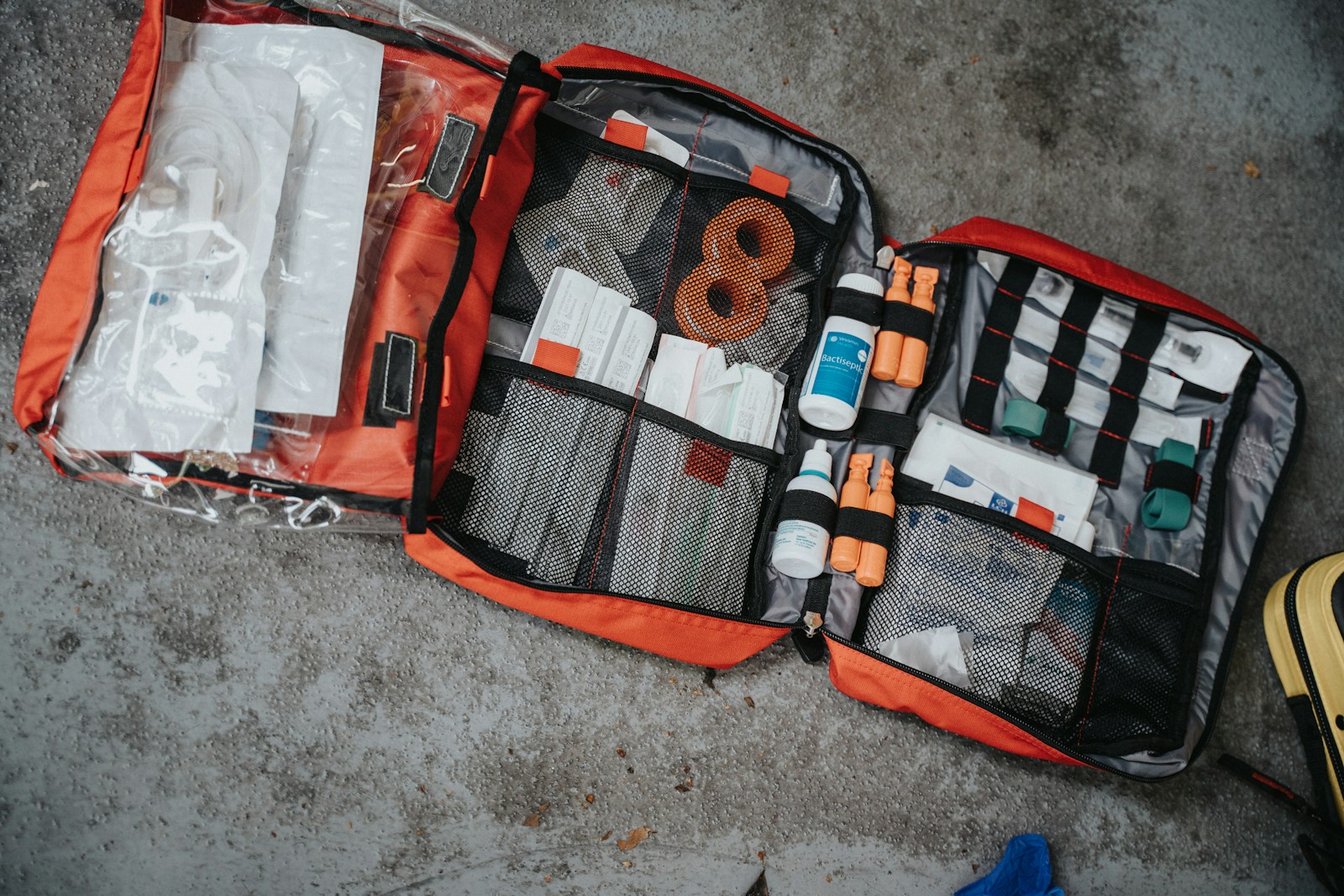
Preparing for the Unexpected: How to Create a Home Emergency Kit
In today’s unpredictable world, being prepared for emergencies is crucial. Whether it’s severe weather, a power outage or any unforeseen event, having a well-stocked home emergency kit can make a significant difference. 
Essential Items for Your Emergency Kit
Create an emergency kit using the following items:
- Water and food—Aim for at least a three-day supply of water (one gallon per person per day) and non-perishable food items. Include a manual can opener if necessary.
- First-aid supplies—A comprehensive first-aid kit should include bandages, antiseptics, pain relievers and any prescription medications.
- Tools and supplies—Flashlights with extra batteries, a multi-tool, duct tape and a whistle can be invaluable. Don’t forget a battery-powered or hand-crank radio to stay informed.
- Personal items—Include personal hygiene items, extra clothing, blankets and sturdy shoes. Also, consider the needs of pets and infants.
- Important documents—Keep copies of important documents such as identification, insurance policies and medical records in a waterproof container.
The Role of Insurance in Emergency Preparedness
While having a physical emergency kit is essential, being financially prepared is equally important. The following insurance coverage can play a role in emergency preparedness:
- Property insurance—Homeowners or renters insurance can cover damages to your property caused by incidents like fires. Ensure your policy is up-to-date and understand what it covers.
- Health insurance—In the event of an injury during an emergency, having health insurance can help cover medical expenses, helping to ensure you get the necessary care without financial strain.
- Life insurance—This can offer financial stability for your loved ones when you pass away, assisting them in covering expenses and preserving their quality of life.
Learn More
Contact RM Bush and Company to review your insurance portfolio and help ensure you are financially prepared for an emergency.
This blog is intended for informational and educational use only. It is not exhaustive and should not be construed as legal advice. Please contact your insurance professional for further information.
Categories: Blog
